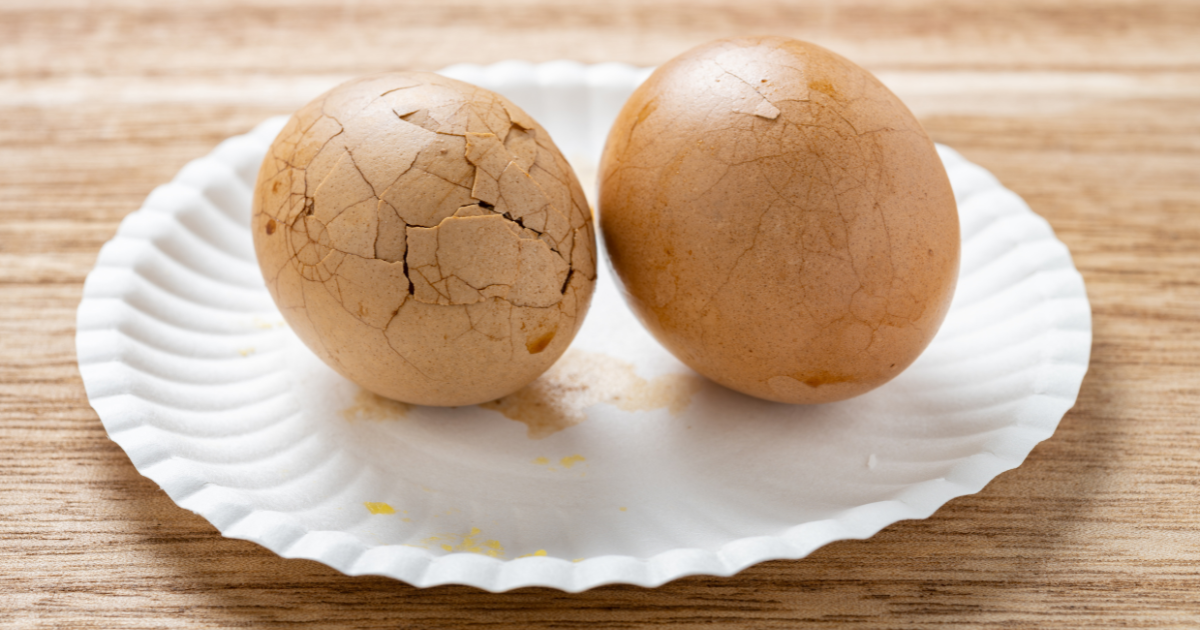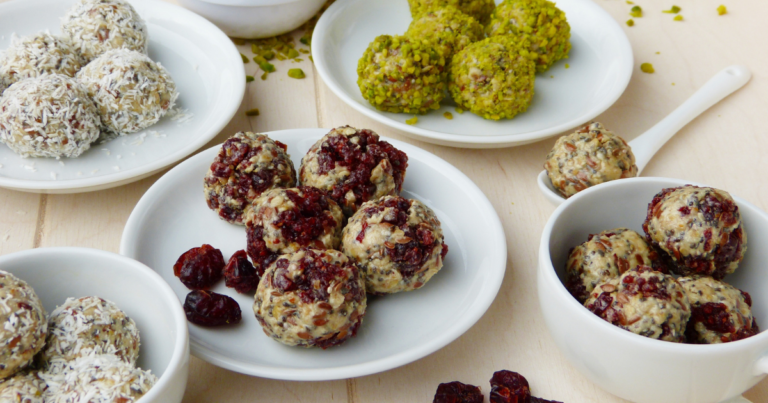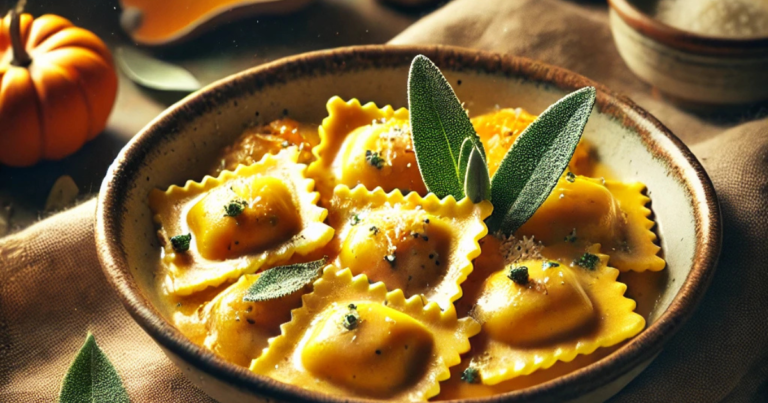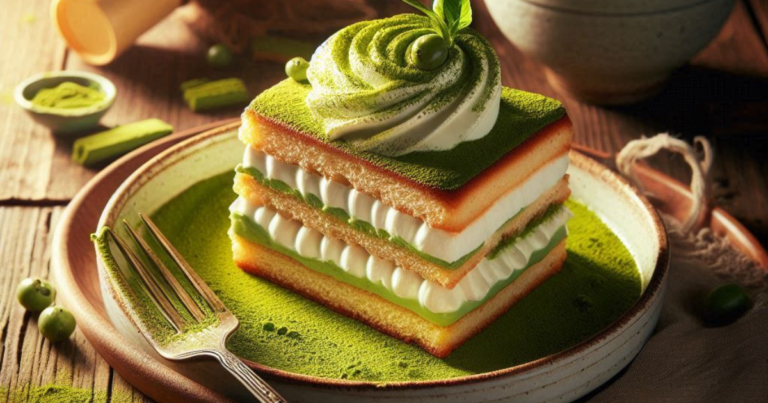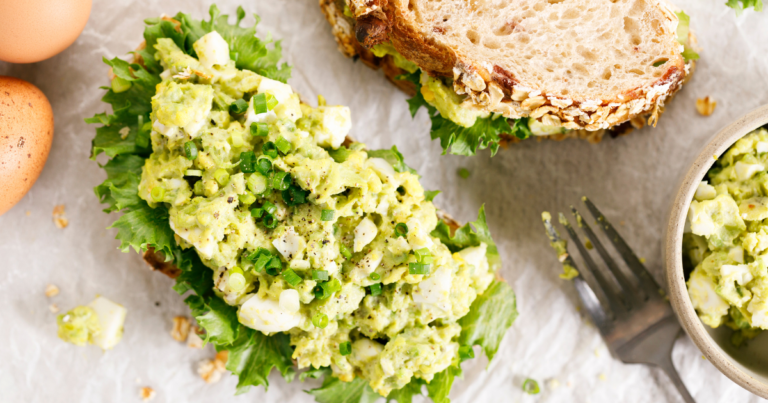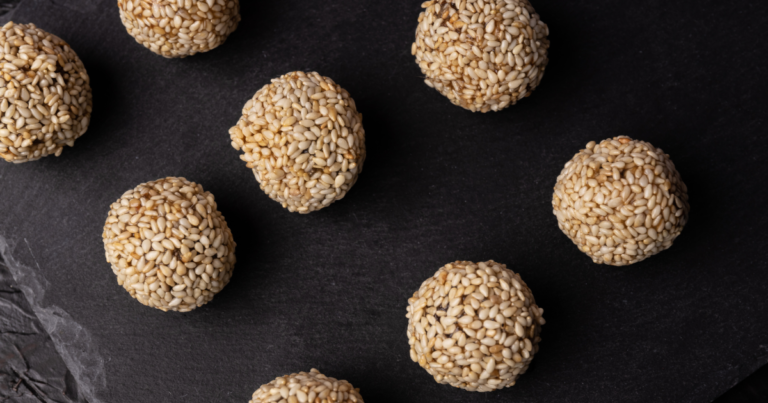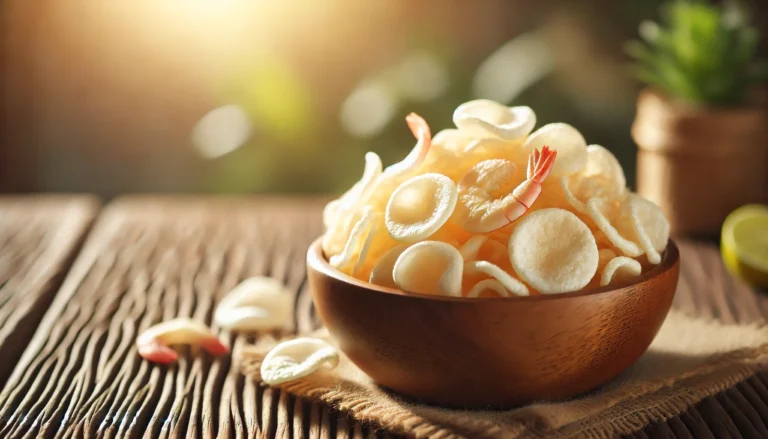The Ultimate Guide to Making Tea Eggs recipe
Table of Contents
Tea eggs, also known as egg in tea or egg tea, are more than just a snack—they’re a flavorful, aromatic treat with deep cultural roots. Originating in China, this recipe has gained global popularity, loved for its marbled appearance and rich, spiced flavor. Whether you enjoy them as a snack, breakfast option, or side dish, these eggs for tea are sure to impress.
A Brief History and Cultural Significance
Tea eggs have been a staple in Chinese cuisine for centuries. Vendors sell these eggs for tea on busy street corners, filling the air with the warm scent of spices. In Chinese tradition, they symbolize prosperity and are often served during festivals and family gatherings.
Beyond the Street Food Stand: Tea Eggs in Modern Cuisine
Today, this egg in tea delicacy is used in a variety of dishes. Chefs incorporate egg tea into salads, rice bowls, and charcuterie boards. Their visually striking marbled shells make them not only delicious but also an eye-catching addition to any meal.
Why This Guide Will Help You Master the Art of Tea Egg Making
If you’ve ever wanted to make your own tea eggs recipe at home, this guide has you covered. From selecting quality ingredients to perfecting the marbling effect, you’ll learn how to achieve restaurant-quality egg in tea right in your kitchen.
Essential Ingredients: Sourcing Quality for Superior Flavor
Choosing the Best Eggs for Tea
- Freshness Matters – Opt for farm-fresh eggs for the best taste.
- Size Counts – Large eggs absorb flavors more evenly.
- Duck vs. Chicken Eggs – While chicken eggs are traditional, duck eggs provide a richer, creamier yolk.
The Tea Infusion: Choosing the Right Tea for Your Egg Tea
- Black Tea – A classic choice with a deep, bold flavor.
- Green Tea – Lighter and more delicate, perfect for a subtle infusion.
- Oolong Tea – A mix of black and green tea, offering a well-rounded taste.
Spices and Aromatics: Building a Signature Flavor
- Star Anise – Adds a sweet licorice-like note.
- Cloves – A warm spice that deepens the tea infusion.
- Cinnamon – Brings warmth and a mild sweetness.
- Soy Sauce – Boosts the umami richness of the tea eggs.
Step-by-Step Tea Eggs Recipe: How to Make This Classic Egg in Tea Dish
Boiling the Eggs for Tea: The First Step to Perfection
- Place eggs in a pot – Add cold water and gently place the eggs inside.
- Bring to a boil – Heat on high until the water boils, then reduce to a simmer.
- Cook for 6-7 minutes – This ensures a slightly soft yolk.
- Cool in ice water – After boiling, transfer eggs to an ice bath to stop cooking.
Preparing the Tea Broth: Unlocking Maximum Flavor
- Brew the tea – Choose your preferred tea and steep it in hot water.
- Add spices and soy sauce – Combine tea, soy sauce, star anise, cinnamon, and cloves in a pot.
- Simmer for 10-15 minutes – This helps the flavors develop.
Cracking and Infusing the Eggs for Tea
- Crack the shells – Tap the cooled eggs lightly to create small cracks.
- Soak in the tea broth – Submerge the cracked eggs in the tea mixture.
- Let them steep – Simmer for at least an hour, or refrigerate overnight for a deeper flavor.
Mastering the Art of Tea Egg Flavor: Tips and Techniques
Perfecting the Signature Cracked Shell Look
- Gently tap the shell—too hard, and the egg may break.
- Rotate the egg while cracking for an even marbled effect.
Customizing the Flavor of Your Egg Tea
- Try adding ginger or Sichuan peppercorns for a spicier kick.
- Mix different types of tea for a unique flavor twist.
Beyond the Basics: Creative Tea Egg Variations
Sweet and Savory Twists on the Traditional Tea Eggs Recipe
- Sweet Tea Eggs – Add honey or rock sugar for a caramel-like taste.
- Savory Tea Eggs – Infuse miso or mushroom broth for extra umami.
Innovative Ingredient Additions
- Dried Fruits – Apricots or plums add a subtle sweetness.
- Chili Peppers – For those who love a spicy twist.
Serving Suggestions: How to Enjoy Your Tea Eggs
- Serve with congee or rice for a comforting meal.
- Pair with pickled vegetables for a flavorful contrast.
- Slice and add to salads or ramen for an elegant touch.
Conclusion: Elevate Your Culinary Skills with This Tea Eggs Recipe
Key Takeaways for Perfect Tea Eggs
✔ Choose high-quality eggs and fresh spices for the best results.
✔ Experiment with different teas and seasonings to create your own signature egg in tea dish.
✔ Let the eggs steep longer for a more intense flavor.
Further Exploration: Resources for Tea Egg Enthusiasts
- Check out online cooking classes for advanced techniques.
- Explore cookbooks focused on Asian cuisine for more tea-infused recipes.
Final Thoughts: Why You Should Try This Egg Tea Recipe
Tea eggs are not just a snack—they’re a reflection of culinary tradition and creativity. With this tea eggs recipe, you can bring a taste of Chinese culture to your own kitchen. Try making a batch today and discover why these eggs for tea are loved worldwide!

